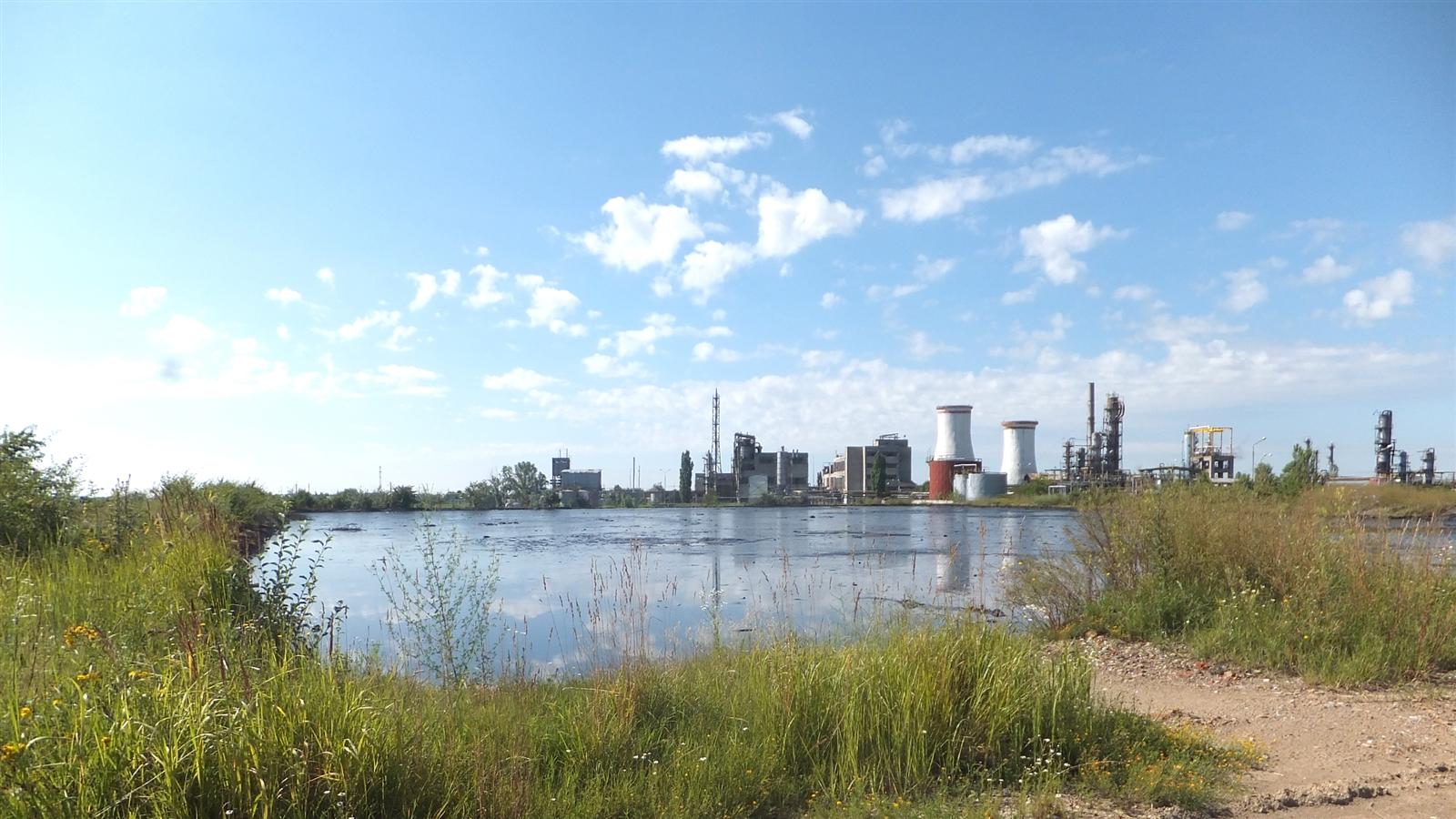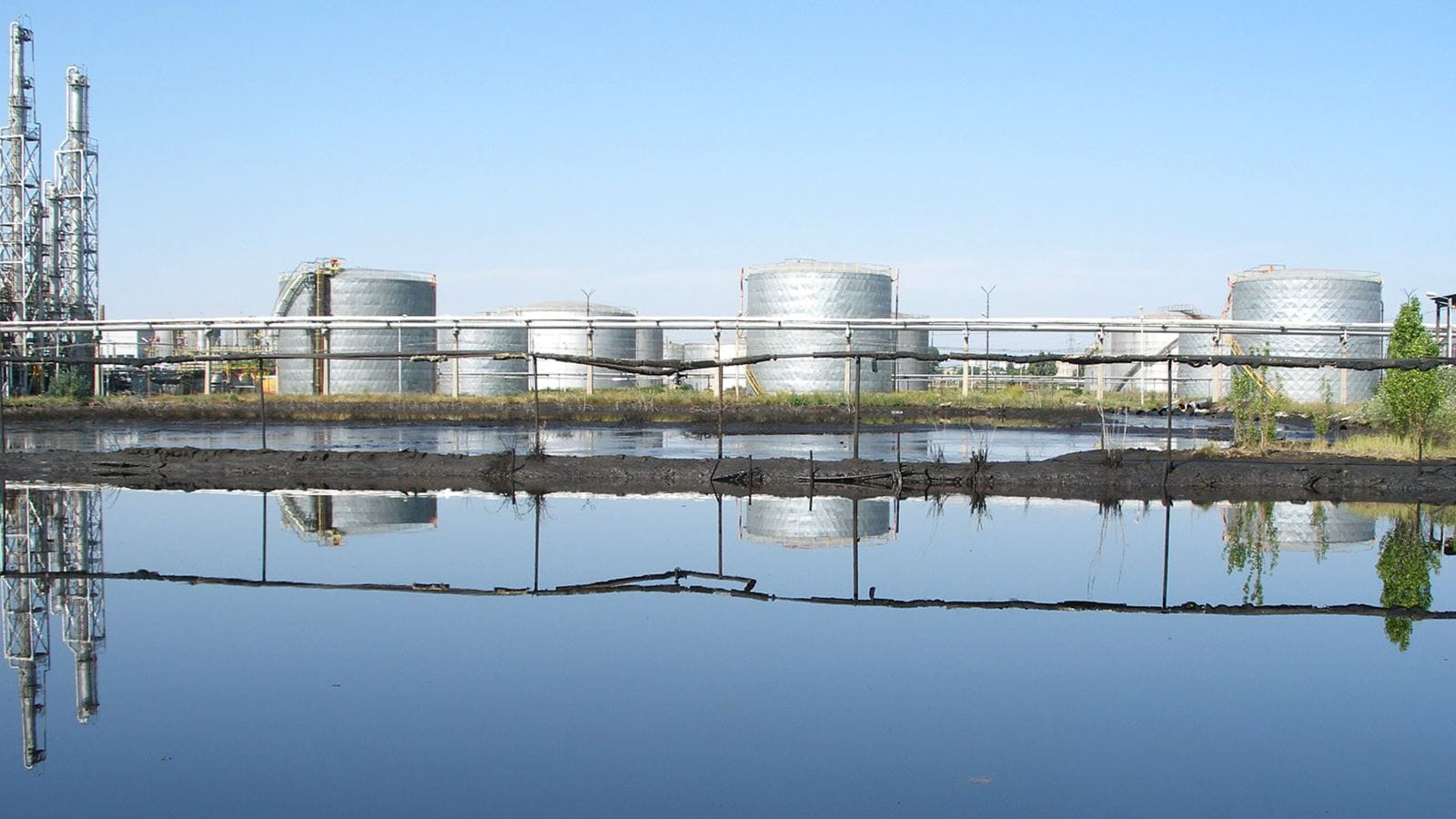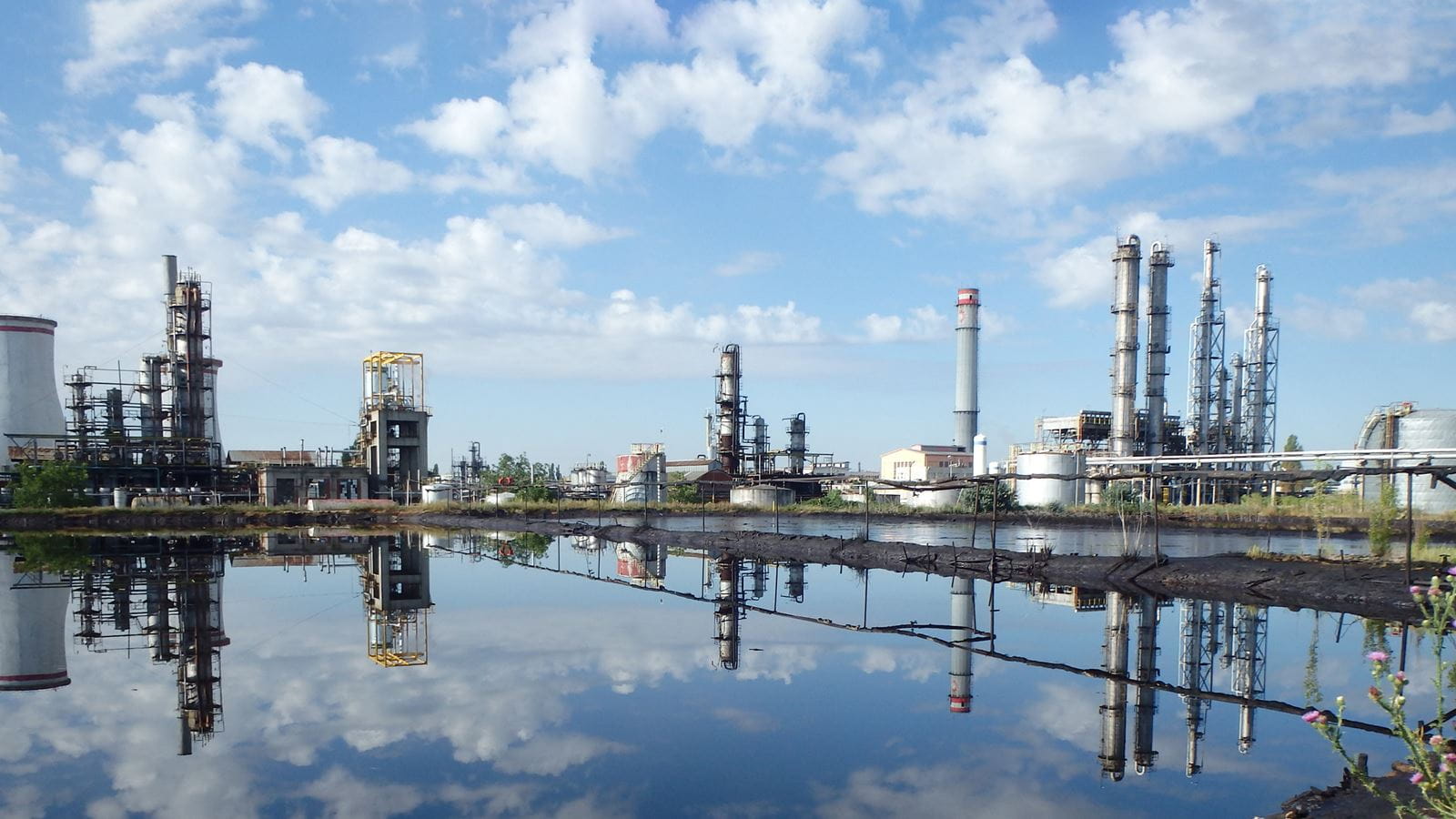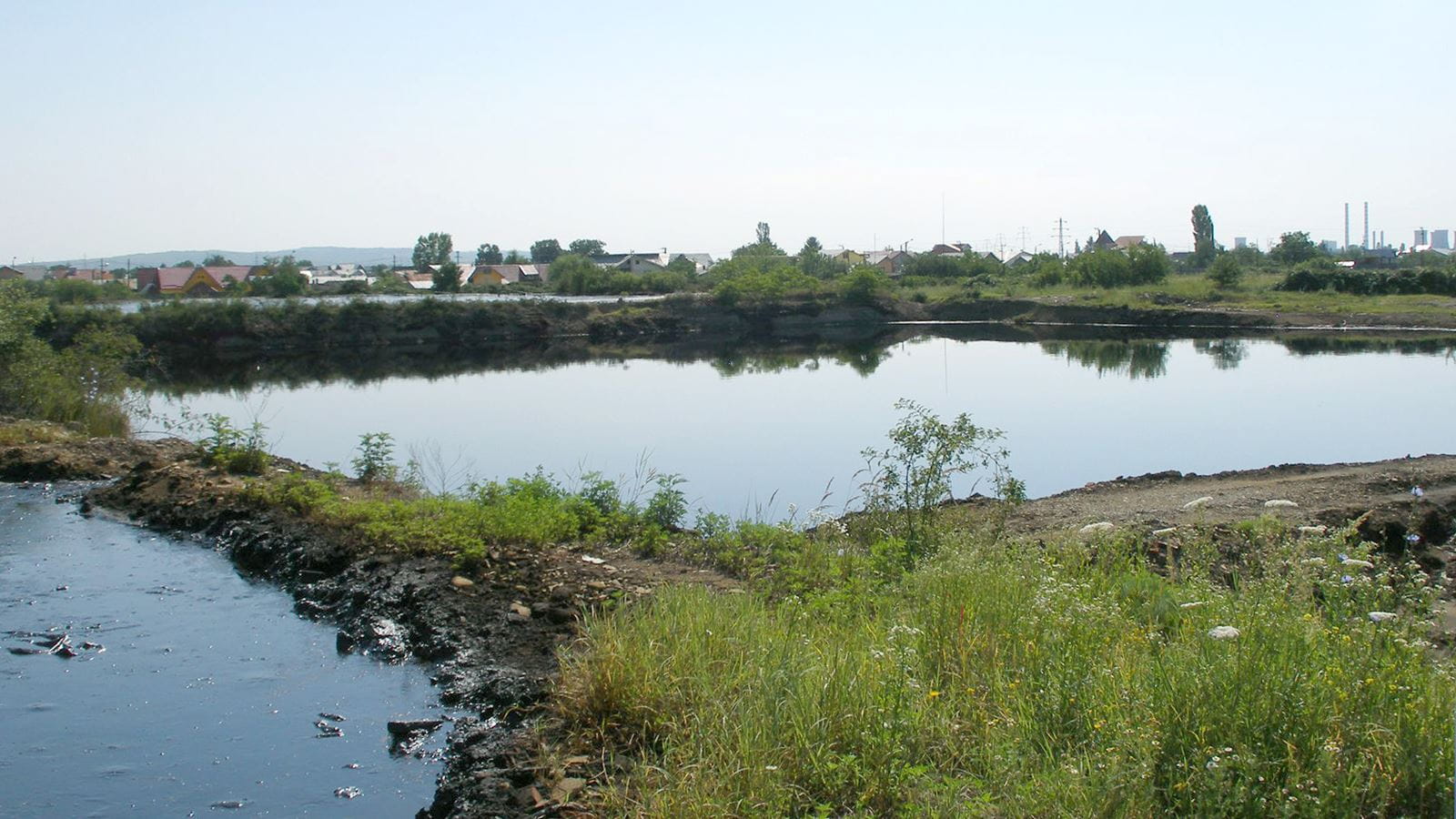Remediation of a Refinery Site in Romania
Environmental requirements for refineries in the EU
Oil refineries in the EU are subject to stringent environmental regulations. All facilities involved in the production, storage, and processing of crude oil and related products must meet high safety standards to prevent any impact on human health and the environment. In addition, EU directives require the remediation of existing soil and groundwater contamination.
Initial situation and remediation concept
Earlier production activities at the refinery have left acid tar deposits across an area of around 100,000 m². One particularly challenging factor: Residential areas of the city are located directly adjacent to the contaminated site.
As part of the feasibility study, we evaluated several solutions put forward by our customer for the site treatment and remediation on the acid tar oil deposits. However, none of the suggested options offered a satisfactory level of planning or investment security. CDM Smith was therefore commissioned to develop a customised site-specific remediation concept involving in-situ soil stabilisation. We surveyed the site, took samples from the acid tar, and determined the chemical and mechanical composition of the material in laboratory tests. We added a variety of aggregate materials to the acid tar to stabilise the material samples under laboratory conditions to determine the appropriate formula for consolidation and further optimising the process according to environmental and economic factors.
The primary objective of the site survey was to provide a qualified estimate of the amount of acid tar and the extent of soil contamination below it.
Environmental Impact Assessment and Permitting
We conducted an Environmental Impact Assessment to evaluate the environmental compatibility of our remediation method and obtained the necessary environmental permit. Aside from preparing the environmental risk assessment for humans and the environment, the approval process included a public hearing. Due to the residential development being just a few metres away, the close proximity to the acid tar oil deposits required particular attention.
Following approval of the now patented remediation method, we developed preliminary remediation plans, including a qualified cost estimate. We paid particular attention to the presence of unexploded ordnances and identified additional areas on site requiring surveillance.
Acid tar oil basin at the refinery site
Our services at a glance
As part of the project, we delivered a comprehensive range of services – from site investigation to permitting:
- Site investigation
- Sampling (Acid tar, soil, groundwater)
- Laboratory testing / material analysis
- Feasibility studies
- Development of remediation options including cost-benefit analysis
- Preliminary design for remediation (in-situ soil solidification)
- Cost estimation
- Environmental Impact Assessment
- Management of permitting procedures

The patented remediation process is in place - now we start implementation.
Did you know?
Acid sludge is a compact mass with pitch-like color and consists of a high percentage of oils and fats. It originates from the reaction of sulfuric acid with mineral oil hydrocarbons and is a typical residue in petroleum refining. Besides acidic hydrocarbon compounds and sulfur compounds, acid esters also contain concentrations of metals and heavy metals.












